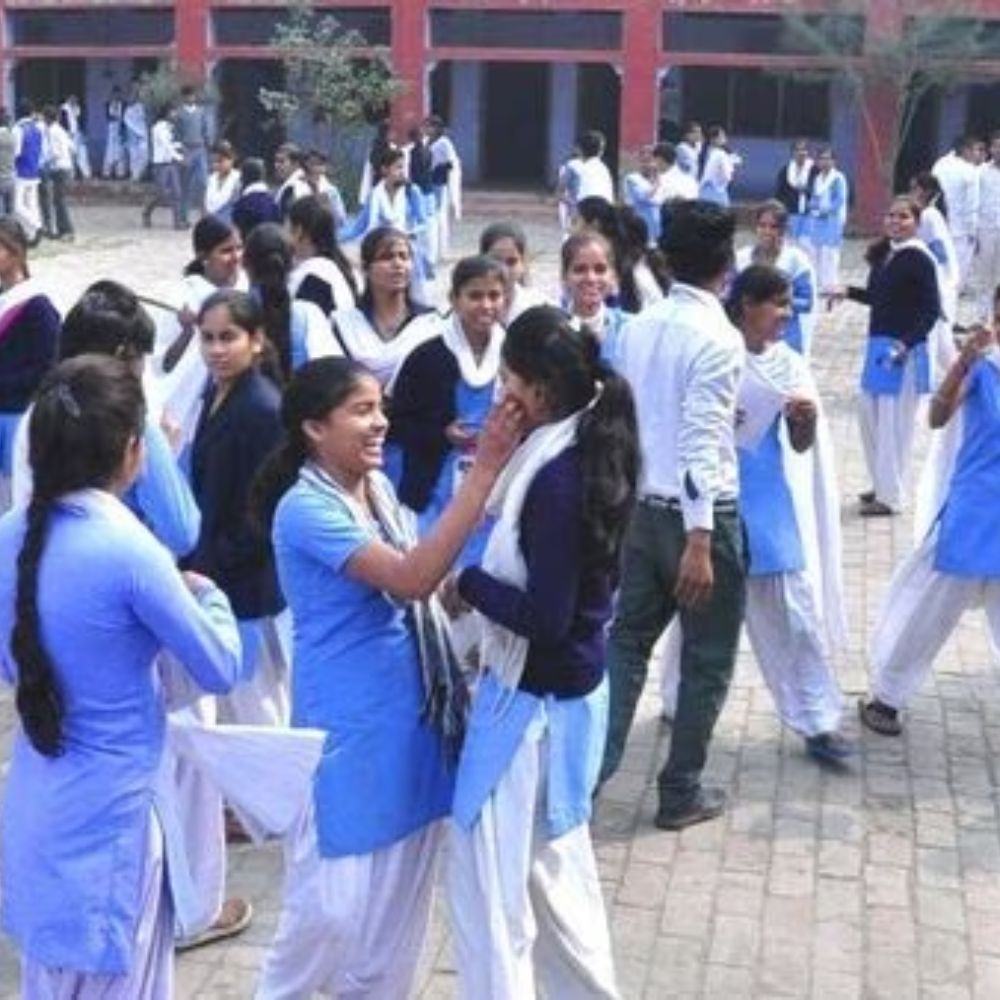Byju claim that the company uses predatory and exploitative working conditions and dishonest sales techniques, such as profiling, chasing, and forcing prospective students from less privileged backgrounds to purchase its courses.
The education technology firm Bjyu’s swiftly became a ray of light for Indians looking for a better future, from parents desiring the greatest education for their kids to young, tech-savvy professionals trying to grow their professions.
The Bengaluru-based startup, which was founded in 2011, launched its learning app in 2015 and quickly grew into a multibillion-dollar behemoth, becoming India’s top edtech company as members of the nation’s growing middle class sought employment and financial security in one of the biggest tech companies in the world.
However, as the business has expanded, so too have the complaints.
Employees at Byju claim that the company uses predatory and exploitative working conditions and dishonest sales techniques, such as profiling, chasing, and forcing prospective students from less privileged backgrounds to purchase its courses.
26 salespeople were interviewed by Context; 18 are currently employed and 8 have left the company. They described difficult working conditions with long hours, instances of physical and verbal abuse and a culture where they are encouraged to deceive customers to increase sales by any means possible.
But Byju’s staff, many of whom are first-generation college graduates or are from low-income homes, claim they put up with the punishing environment out of fear of losing their employment in India’s competitive labour market since their families are counting on them.
22 of Byju’s consumers were also questioned by Context, and many of them said that they had been pressured into enrolling in courses, conned into taking loans, and left with no redress after losing money.
According to Byju’s spokesman, in response to Context’s findings, the employees who spoke up represented an “infinitesimal percentage” of the company’s personnel, and the business had “zero tolerance for unfavourable behaviour at the workplace.”
The spokeswoman stated in email remarks that “we enforce the highest safe working standards at each of our business entities.”
Client complaints led Byju’s to respond that its business practices were “centred around customer respect and satisfaction” and that staff members did not “pursue customers who are either disinterested in or unable to pay for our products”.
Former Byju’s salesman Pratik Makhija, who worked there twice, claimed to have experienced “daily mental agony.”
The 27-year-old claimed examples of this included his manager yelling at him, making him work seven days straight, and inciting rivalry among coworkers.
“You have the impression that you are trapped at the bottom of a well or in a bubble with no means to escape and take in the surroundings. Work and life balance don’t exist. Zero, “Makhija, who had previously left Byju’s after working there for 18 months, said this.
“We are handled like property. What price do they pay to maintain their valuation and revenue? By suffocating us, “Added he.
Makhija claimed he returned to Byju’s in July for financial reasons but was suspended for one month in August after complaining about the aggressive behaviour of his supervisors. In October, he left the company once more but claimed he is still “haunted” by the behaviour of his superiors, who he claims manhandled and yelled at him.
Makhija, who is now jobless and looking for work, said, “It got so severe that I had to seek professional help, and eventually got diagnosed with anxiety.” “I have awful flashbacks.”
A request for feedback from Bjyu’s on Makhija’s account received no response.
Requests for response regarding Context’s reporting were repeatedly ignored by India’s labor and IT ministries.
While the government has voiced worries about how edtech companies treat their clients, such as through deceptive product advertising, labor abuses, according to advocates, seem to be going unnoticed.
As edtech Unicorn businesses, including Byju, compete to become the next major actors in India’s economy, labor lawyers, academics, and workers’ rights experts are warning that without strong monitoring, employees run the risk of suffering the worst effects of unbridled exploitation.
According to economist K.R. Shyam Sundar, who has written extensively on labour reforms in India, the industry is now unregulated. He is asking for regulation of the sector, including the creation of a specific edtech policy, to safeguard the welfare and protection of workers.
The first victim in this situation is always labour rights, he continued.
Read More-In its New Campaign, BYJU’s promote ‘Education For All’ for the Underprivileged















